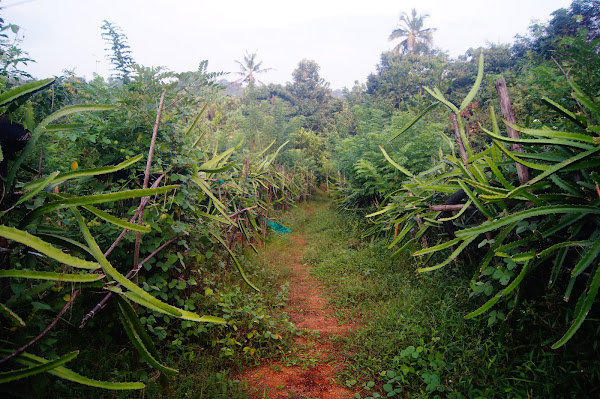India's Injustice of Caste, Environment and Health
.jpg) |
| AI generated representational image of a polluted water source |
48 hours and more, Joy's mother waited, imagining all possible scenarios that could save his life from a pollution pit. Joy was hired as a temporary employee on a contract basis, according to news reports. There are news video montages on what could have been his last moments. Someone who had to agree to get into a polluted slurry pile for a minimal wage to support his mother and him. We still do not have a way to address this, and it takes another death, sadly, not even these many deaths will remain in the memory of caste hierarchy deaths.
The recent tragic incident in Kerala, where a sanitation worker died in a sewer pit is another state-sponsored violence-turned reminder of those who are forced to face the deadly consequences of environmental neglect. These incidents are not isolated events but ongoing symptoms of the larger problem - the caste politics of pollution. In India, marginalized communities bear the brunt of environmental degradation, are forced to live in areas closest to polluting industries, breathe toxic air, drink contaminated water and clean citys' shit piles . This is not a coincidence but is a result of systemic caste-based discrimination.
This system has long dictated India's social hierarchy, mirrored in the environmental sector, where polluting industries are disproportionately located in areas inhabited by marginalized communities. For instance, the Union Carbide plant in Bhopal, India, which leaked toxic gas in 1984, was located in a densely populated area inhabited by marginalized communities. The disaster killed thousands, and the surrounding area remains contaminated to this day.
This is also a health crisis, marginalised communities suffer from higher rates of respiratory diseases and cancer, have limited access to clean water and sanitation, and are increasingly vulnerable to natural disasters. Those in power often prioritize the interests of corporate polluters over the lives of these communities. While reporting in Chennai, in the neighborhood of the Greater Chennai Corporation, more than 200 families explained to me about their everyday health issues, amongst a list of other concerns that include privacy, security, rain-hit tarpaulin tents, and a lot more that can shatter once heart into pieces but not enough for political attention. In Kannapar Thidal, you will see why and how political neglect will be conveniently ignored and how human rights can be denied for more than two decades. There is a smudged portrait of Dr. B. R Ambedkar on Kannapar Thidal's dilapidated toilet walls. The toilet can't be used after 10pm, women say they have reasons to be scared to use those toilets. So teen girls secure their buckets as loo.
I asked one of the residents, do you have TB patients taking medication here. They smirked at my ignorance and told me that sometimes we do and sometimes we do not know what to do. And since I know what those medication does to one's body and mind I didn't know how to explain in the text the intensity of what is happening in areas like these. This is beyond a health crisis, it's preventable and hence is criminal to enable situations where illnesses like Tuberculosis that can potentially lead to antimicrobial resistance are ignored by the state.
Dr. B.R. Ambedkar, the architect of India's Constitution recognized the inherent link between caste and environmental injustice. He stated, "The caste system is a system of graded inequality, and pollution is a manifestation of this inequality." The media's lack of nuanced reporting perpetuates the invisibility of marginalized communities' struggles.
The fight for environmental and health justice is inseparable from the fight against caste-based discrimination. There is an inevitable need to hold corporations and enabling governments accountable for environmental damage, implement policies that prioritize marginalized communities' health and well-being, and amplify the voices of marginalized communities in environmental decision-making.
We cannot overlook the hypocrisy of India's rulers in neglecting the safety and well-being of sanitation workers, and affected communities, we saw what happened during the G20 summit, in simple words, world leaders hid the slums around to avoid inconvenience during their get together- not a metaphor.


🙏
ReplyDelete